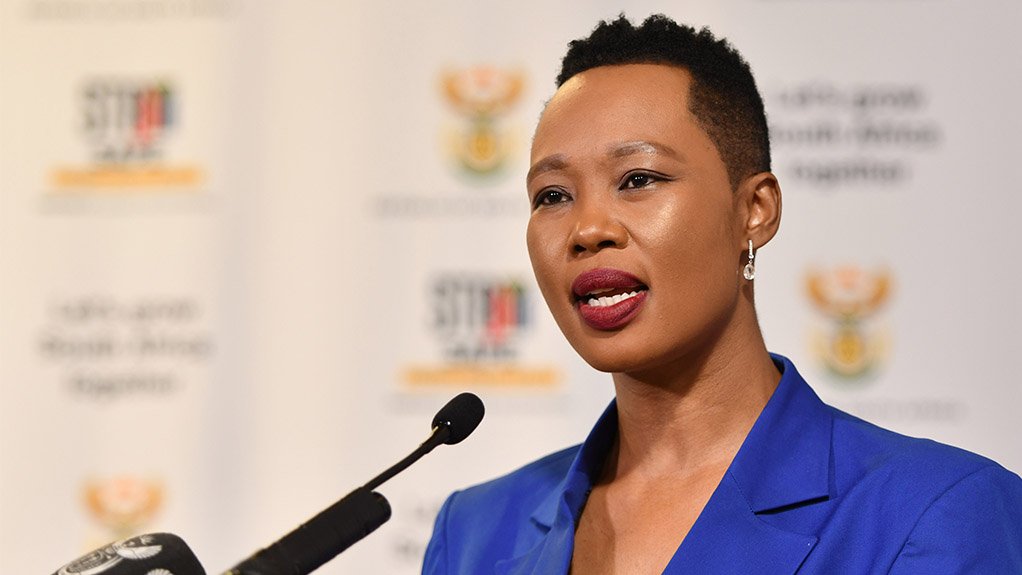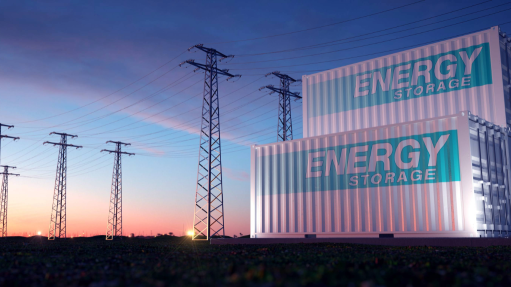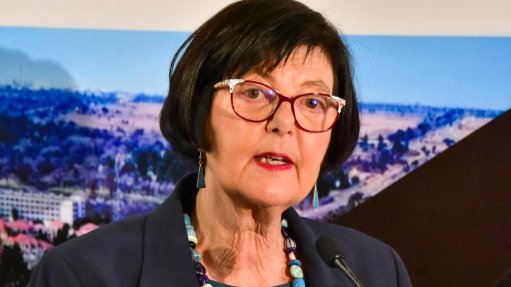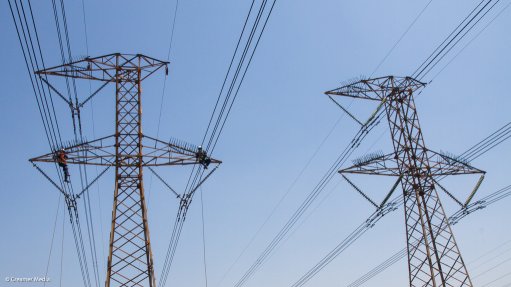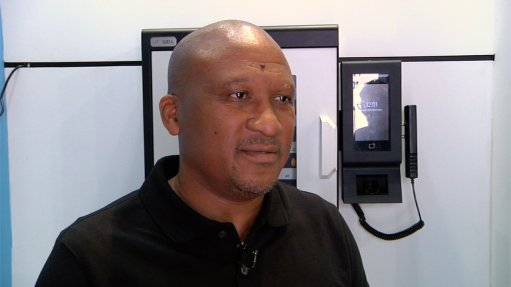DCDT tables budget of R3.7bn for year, outlines 7 key priorities
The Department of Telecommunications and Digital Technologies (DCDT) has tabled a budget of R3.7-billion for the 2021/22 financial year, with seven priorities outlined for the year ahead.
The Broadcasting Digital Migration (BDM); the release of spectrum; an infrastructure investment and mass employment programme; the Digital Economy Masterplan and its implementation; digital and future skills; the reindustrialisation of the economy with focus on small, medium-sized and microenterprises (SMMEs); and the repurposing of State-owned companies are the focus areas over the next year.
In her Budget Vote, Minister Stella Ndabeni-Abrahams said that, in terms of the BDM, the analogue transmissions within 32 sites in the three priority provinces have been switched off, representing 40% of the planned sites since commencement in March.
The department achieved 96% Analogue Switch-off (ASO) in the Free State with 22 of the 23 planned sites now off, while 26% ASO has been achieved in the Northern Cape, at 7 of the planned 27 sites, and 10% in the North-West province, at three of the planned 29 sites.
“We are targeting to have the majority of the sites in the three provinces switched off by the middle of July this year,” she assured.
Further, the ASO process is targeting the phased release of the much-needed 700 MHz and 800 MHz digital dividend spectrum on a province-by-province basis by the end of March 2022.
“This process combined with the digital-to-digital migration will make available a total of 168 MHz spectrum in each of the provinces.”
Meanwhile, Ndabeni-Abrahams called on involved stakeholders, including the Independent Communications Authority of South Africa (Icasa), to resolve the current deadlock on the spectrum auction process and find an amicable solution.
Icasa’s planned spectrum licensing was due to start on March 31, however, several legal battles over Icasa’s invitation to apply have left the release date of high-demand spectrum in limbo once again.
“The current litigations on spectrum auction and licensing of Wireless Open-Access Network hamper our determination to rebuild our economy,” she said.
Another focus area for the year ahead is infrastructure investment and mass employment.
“Through investment in digital infrastructure expansion, 5 920 jobs have already been created by the sector and it is envisaged that there will be an increase of at least 25% of this target,” she continued.
Alongside this, the DCDT is focusing on the growth of small businesses and the reindustrialisation of the economy, with R2.6-billion committed for the support of SMMEs.
“The department and its entities always endeavour to support SMMEs through various procurement opportunities. To this end, our department has supported 393 SMMEs.”
Further, it is expected that the Information and Communication Technologies (ICT) Sector Council will publish its sector code to provide for 50% target procurement from majority black-owned suppliers, an increase from 40% in the current code.
Icasa has also recently announced new regulations aimed at promoting historically disadvantaged South Africans in the ICT sector, which will require licensees to comply with the mandatory equity ownership requirement of 30% by black people and level 4 broad-based black economic-empowerment status.
As part of the DCDT’s ambitions to digitally-empower South Africans, a Digital Economy Masterplan has been finalised. The department is currently engaging various stakeholders in the development of the implementation plan.
“It is envisaged that the implementation of the Digital Economy Masterplan will see the achievement of economic contribution upwards of 4.5% of gross domestic product a year, the creation of one-million jobs over the next 10 years [and] create massive opportunities for SMMEs.”
DCDT has also developed a National Digital and Future Skills strategy to establish an education and skills development ecosystem that provides all South Africans with the required skills to create and participate in the digital economy.
“We are partnering with both the public and private sectors with the intent to bridge the digital divide,” Ndabeni-Abrahams said.
The department has allocated R9.5-million for a digital skills programme.
Comments
Press Office
Announcements
What's On
Subscribe to improve your user experience...
Option 1 (equivalent of R125 a month):
Receive a weekly copy of Creamer Media's Engineering News & Mining Weekly magazine
(print copy for those in South Africa and e-magazine for those outside of South Africa)
Receive daily email newsletters
Access to full search results
Access archive of magazine back copies
Access to Projects in Progress
Access to ONE Research Report of your choice in PDF format
Option 2 (equivalent of R375 a month):
All benefits from Option 1
PLUS
Access to Creamer Media's Research Channel Africa for ALL Research Reports, in PDF format, on various industrial and mining sectors
including Electricity; Water; Energy Transition; Hydrogen; Roads, Rail and Ports; Coal; Gold; Platinum; Battery Metals; etc.
Already a subscriber?
Forgotten your password?
Receive weekly copy of Creamer Media's Engineering News & Mining Weekly magazine (print copy for those in South Africa and e-magazine for those outside of South Africa)
➕
Recieve daily email newsletters
➕
Access to full search results
➕
Access archive of magazine back copies
➕
Access to Projects in Progress
➕
Access to ONE Research Report of your choice in PDF format
RESEARCH CHANNEL AFRICA
R4500 (equivalent of R375 a month)
SUBSCRIBEAll benefits from Option 1
➕
Access to Creamer Media's Research Channel Africa for ALL Research Reports on various industrial and mining sectors, in PDF format, including on:
Electricity
➕
Water
➕
Energy Transition
➕
Hydrogen
➕
Roads, Rail and Ports
➕
Coal
➕
Gold
➕
Platinum
➕
Battery Metals
➕
etc.
Receive all benefits from Option 1 or Option 2 delivered to numerous people at your company
➕
Multiple User names and Passwords for simultaneous log-ins
➕
Intranet integration access to all in your organisation



